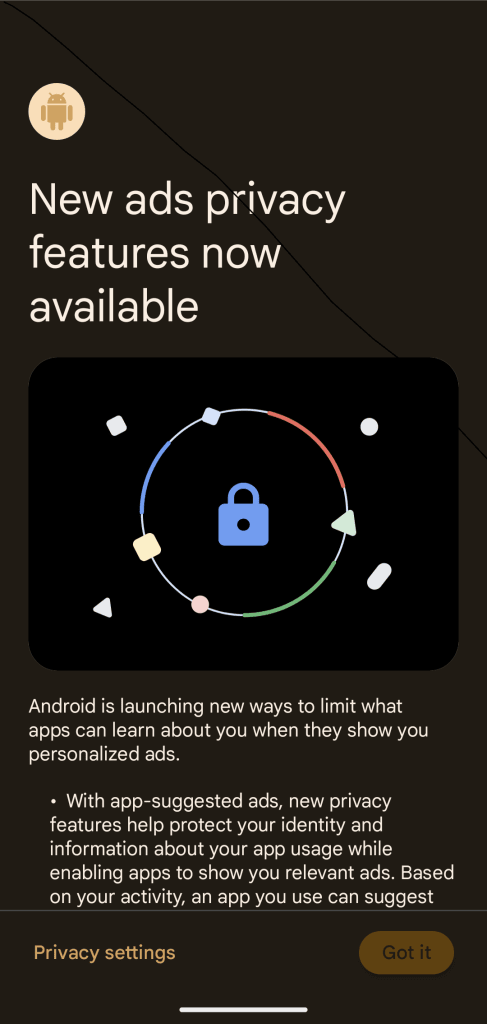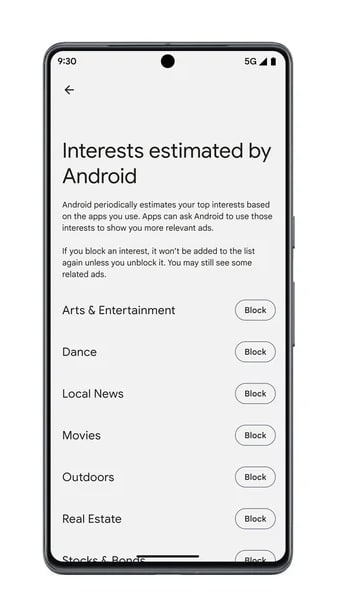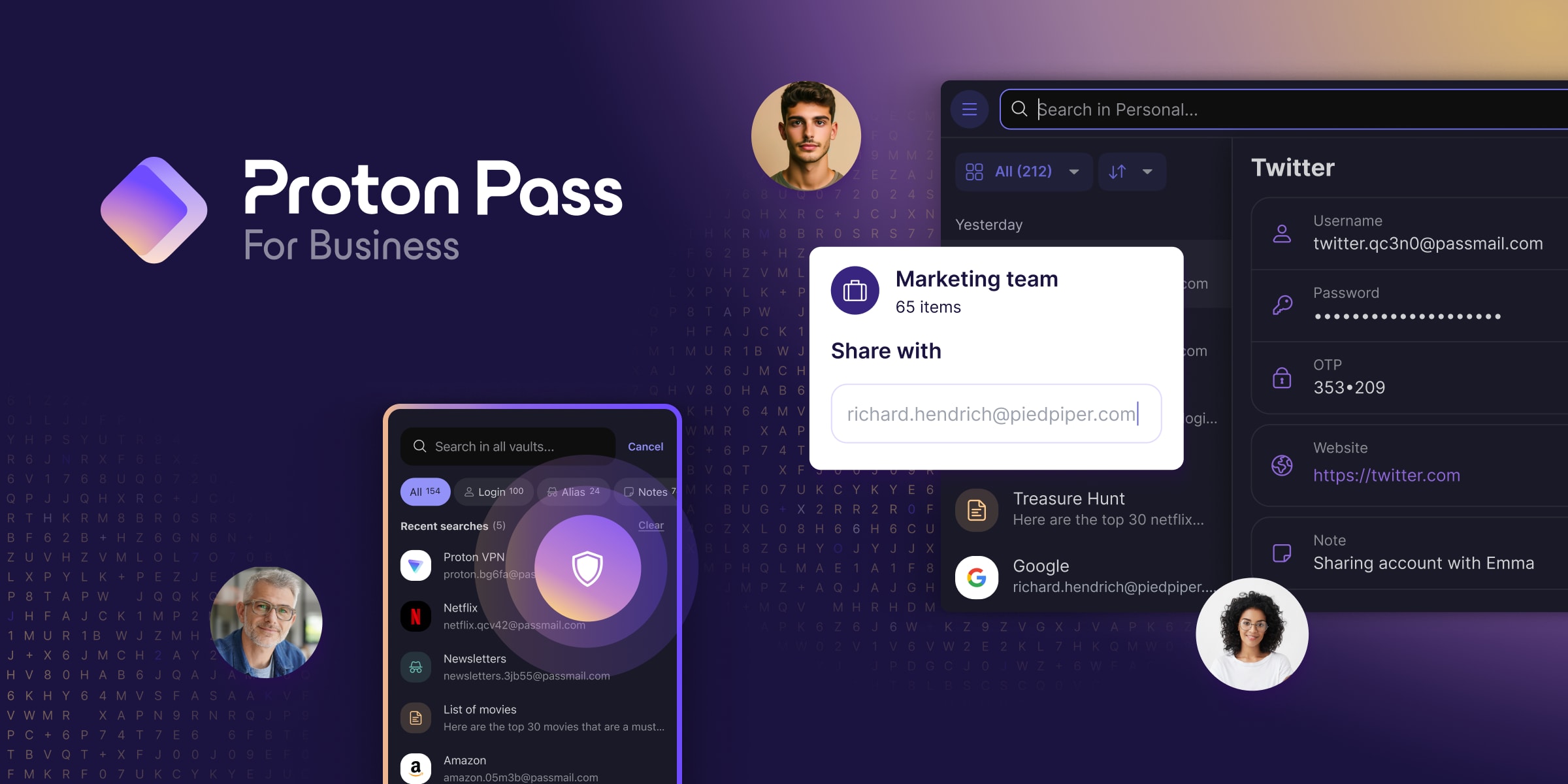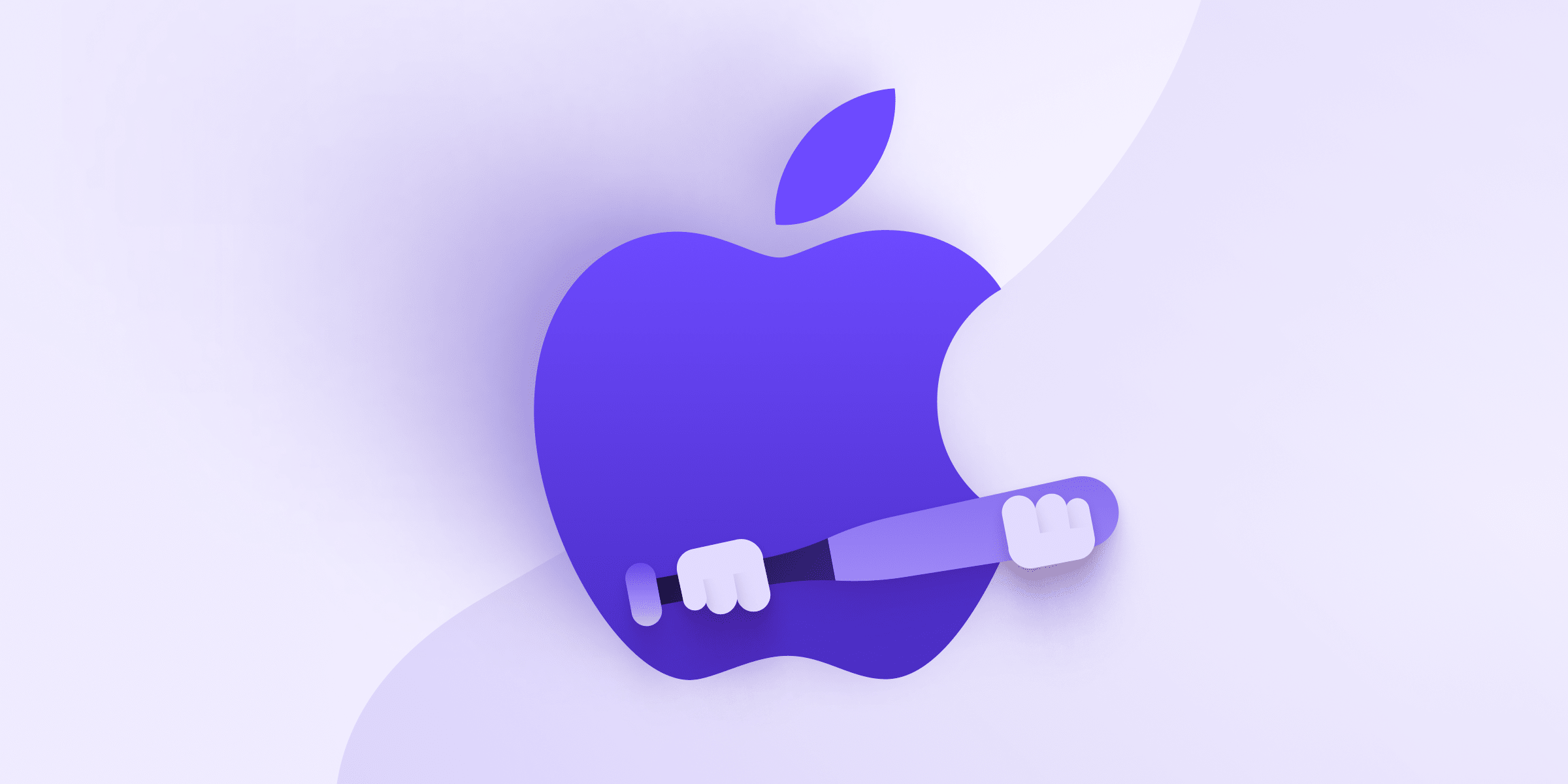Google has made sure that 2023 will go down as the year of privacy washing(new window). It introduced a new “ad privacy feature” for Chrome(new window) in September, and now it’s broadened the release of the beta version of Ad Topics for Android (both part of its misleadingly named Privacy Sandbox initiative). In both instances, Google sold a move to give itself total monopolistic control over the ability to spy on your activity as a “privacy feature”.

If your smartphone runs Android 13, you’ve likely seen this pop-up screen that touts Android has “new ways to limit what apps can learn about you”. Notice how it doesn’t say it will limit what Google can learn about you.
In fact, all Google has done is remove other organizations’ ability to see what you’re doing without consulting it, making it just another attempt by Google to redefine privacy as “No one can see your information — no one but us”.
How does Ad Topics on Android work?
Previously, Android devices allowed apps to share your information, including your device’s Android advertising ID, geographic location, device type, operating system, mobile carrier, keyboard language, and more, directly with third parties, such as advertisers and data brokers. In this system, the advertising ID is one of the most valuable bits of data because it’s persistent and allows third parties to build a profile on you by tracking your activity across different apps.
This system is obviously flawed for your privacy, as it’s difficult to know which apps share what information and with whom.
With its Ad Topics beta, Google is rebuilding the Android operating system to prevent these parties from being able to access this information directly. Instead, your Android device will now store your app activity locally. Then, Google — and only Google — aggregates and processes this information to assign you topics of interest based on the apps you use and your activity in them. Finally, third parties and apps go to Google and ask it which topic groups you’re in so they can show you targeted ads.
Google claims it anonymizes this data before sharing it with third parties. Ad Topics also groups you into interest groups rather than having Google track you individually, allowing it to do away with the advertising ID. It also allows you to exit any interest group you don’t want to be in. (You’d be within your rights to be skeptical of Google’s willingness to let you leave interest groups — just last year, Google settled a lawsuit(new window) over continuing to track Android users’ location even after they turned the feature off.)

But Google is still monitoring every app you open, what you do in them, and using that data to sell ads.
With Ad Topics, Google is using the pretext of privacy to box out the competition and keep all your data to itself.
To make matters worse, Google isn’t turning off its other tracking systems in Android. Ad Topics exists simultaneously with the previous system based on the Android advertising ID, and it’s up to apps to voluntarily opt in. This essentially means that you’re being monitored by two separate systems on your Android device, and according to a statement from 2022(new window), the earliest Google will shut down advertising IDs is sometime in 2024.
Can you turn off Ad Topics?
You might have noticed in the screenshot above that there was no Accept or Decline option, only a Got it button. If you tap “Got it”, it turns on app suggested ads and ad measurement. In true Google fashion, it nudges you toward the maximum amount of surveillance.
Fortunately, you can turn off Ad Topics — you simply need to dig through several layers of menus.
How to turn off Ad Topics
Not all Android will have Ad Topics enabled yet. The following directions are for a Google Pixel 7. Steps may vary, and menus may have different names on other Android devices.
- Tap Settings (the gear icon).
- Go to Security & privacy → More privacy settings → Ads → Ad privacy → Ad topics.
- Tap the toggle switch next to Allow ad topics.
Google thinks your data belongs to it
Just like the Google VPN(new window) and the “ad privacy features” for Chrome that preceded it, the Ad Topics for Android is the embodiment of privacy washing. Google is disguising a calculated effort to get complete control of user data on Android devices as a privacy-protecting initiative, even though it’s not stopping any of its data collection. It’s misleading and an abuse of its status as a gatekeeper of the Android operating system.
If Google were truly concerned about your privacy, it wouldn’t replace one system of surveillance with another (or run two on your Android simultaneously). It would find a new way to bring in revenue that didn’t rely on monetizing its user base’s private information.
Unfortunately for us, Google as a business is entirely dependent on advertising. In 2022, Alphabet, Google’s parent company, made roughly $224.5 billion from advertising(new window), or almost 80% of its revenue. Even minimal attempts to introduce true privacy would fundamentally alter the company.
Google wants to have it both ways — it wants to appeal to the global privacy movement that only continues to grow without actually giving up any of its access to your information. Hence it dresses up new surveillance systems as privacy features.
For privacy to take root on the internet, we must reject these privacy-washing attempts.
Choose true privacy
We think the online surveillance that has permeated the internet is bad for democracy, a disaster for human rights, and makes us all easier to manipulate. Proton was founded to resist these exact types of surveillance systems.
We built end-to-end encrypted systems that put people in charge of what happens to their information and chose a business model that allows us to grow and thrive without monetizing our community’s information.
You can sign up for Proton today for free and join the over 100 million people who use our services to protect their emails, schedule details, photos and files, online browsing(new window), and passwords and online identity,










